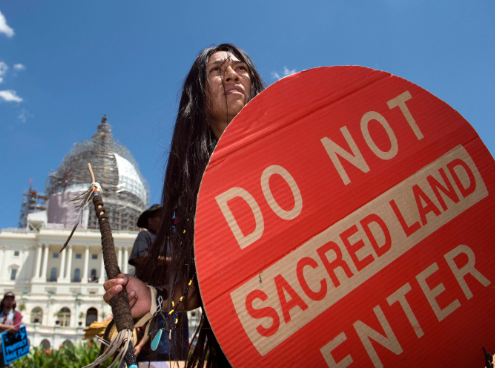
They join other prominent firms such as Clifford Chance 

However, as oil prices near $30 a barrel, and Dubai’s real estate market collapses, prices on real estate have dropped by 30%. That drop has hurt those firms who have set up office in the United Arab Emirate country.
Dubai has the largest population among the UAE and is determined to become the financial center of the Middle East. Dubai set up the Dubai International Financial Centre (DIFC) in 2002 in order to benefit economic development in the region. Essentially, the DIFC is a 110-acre tax haven that encourages foreign investment. There is a zero rate tax on income and profits.
William Tuer, managing partner of Macleod Dixon, said that Dubai is a “well-saturated market, featuring the biggest firms in the world. It’s highly competitive…[and] a very expensive market.”
Tuer also called it a “very expensive market” and noted that this may keep Canadian firms from ever opening up there.
Hugh MacKinnon, chairman and CEO of Bennett Jones in Toronto, claimed that Canadian law firms tend to stick to their core markets like London or New York. He also noted that a law firm needn’t possess a foreign office to do work in a particular region. He claimed that Canadians excel at working offshore.
“We get work from the entire Arabian gulf, usually energy-related stuff,” said MacKinnon. “We do pretty well just carpet bagging.”

















































